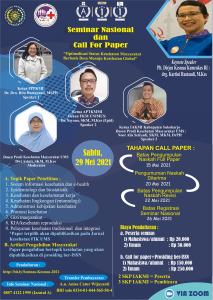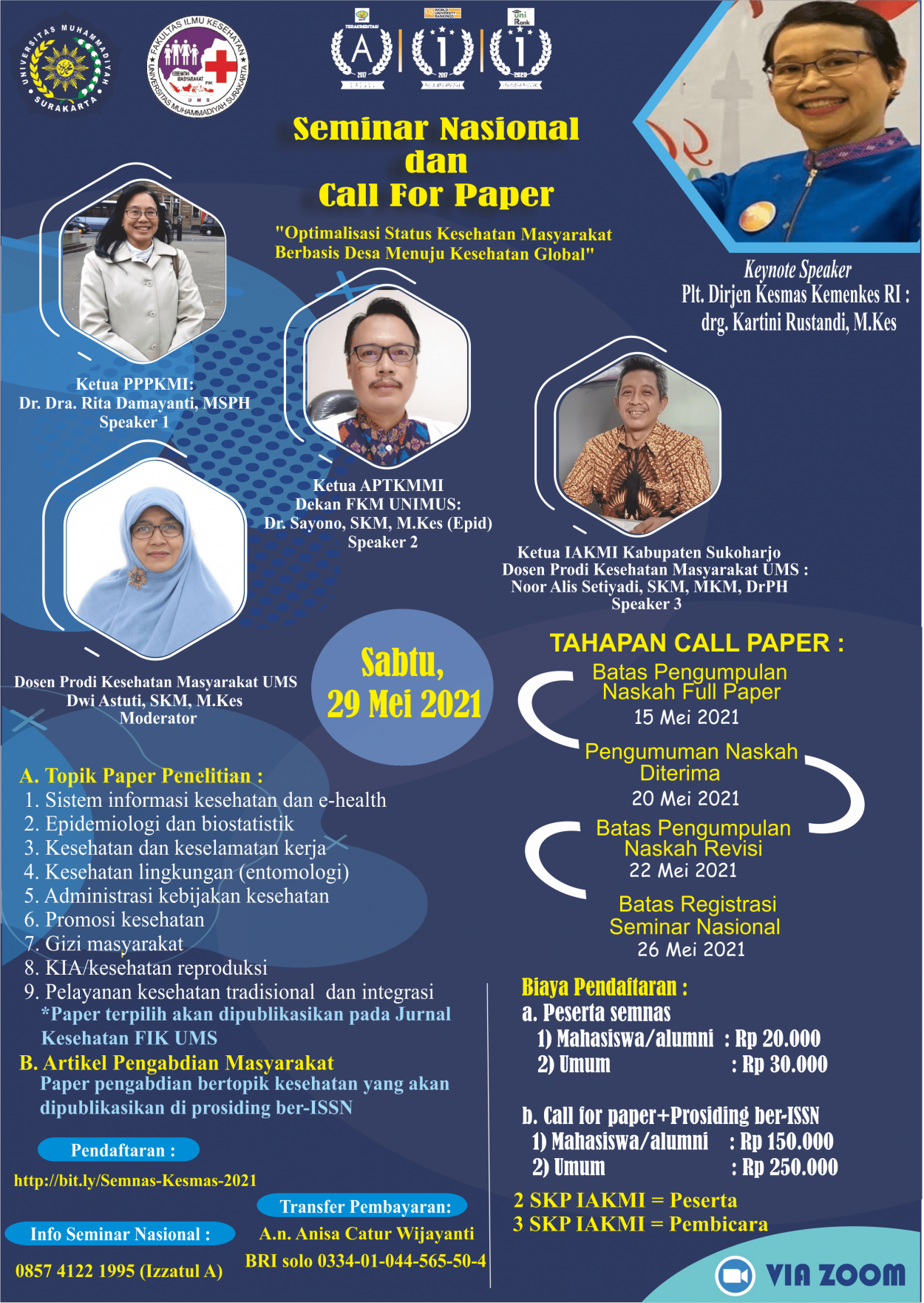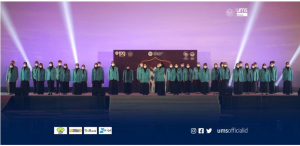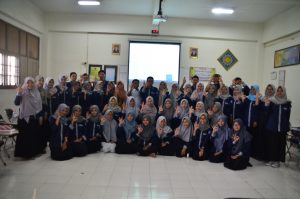 Health is important in relation to one’s productivity. In essence, every human being needs a healthy life to support his survival. Health is also a human right and one of the elements of welfare that must be realized in accordance with the ideals of the Indonesian nation as referred to in the Pancasila and the 1945 Constitution of the Republic of Indonesia.
Health is important in relation to one’s productivity. In essence, every human being needs a healthy life to support his survival. Health is also a human right and one of the elements of welfare that must be realized in accordance with the ideals of the Indonesian nation as referred to in the Pancasila and the 1945 Constitution of the Republic of Indonesia.
The state will run optimally if the population has a good public health status because public health status is one of the important factors that can affect the quality of human resources in supporting development in a country. The improvement of public health status is certainly not only the task of health institutions but also the integration of various other institutions. These efforts also cannot be separated from the support of the community. There are four main factors that affect the health status of a person or a community. Some of these factors include genetics from the family, the surrounding environment such as social community, developing economy, local politics and culture, behavior including individual lifestyles, and health care facilities (type of coverage and quality).
One of the efforts to realize public health status is to optimize public health functions with health interventions that are focused on various determinants (indirect causes) of health problems to reduce disease risk (risk reduction). Thus, the public health function focuses on prevention efforts. This is different from treatment interventions whose primary focus is on recovering the sick. The function of public health becomes increasingly important with the development of knowledge about health determinants other than treatment efforts (medical-biological factors). The horizon of these determinants or risk factors is very broad, in the domain of activities of various government sectors, as well as private and community activities.
Efforts to improve public health status are expected to be more optimal with the Law on Villages, namely Law Number 6 of 2014 concerning Villages. The existence of this law will have the potential to improve health at the village level through various programs such as community empowerment and the development of Community Based Health Efforts (UKBM). Strengthening the role of villages in the health sector should be carried out considering that there are many village level institutions and community leaders who can provide encouragement to the community to improve their health status through health programs coordinated at the village level. If the village can play an optimal role in improving health at the village level, this effort can help the state in anticipating and dealing with the threat of epidemics and pandemics of disease (health security) which are expected to continue to increase in the future.
Topics
1. Health Information System and e-health
2. Epidemiology and Biostatistics
3. Occupational Health and Safety
4. Environmental Health (Entomology)
5. Health Policy Administration
6. Health Promotion
7. Community Nutrition
8. MCH/Reproductive Health
9. Traditional and Integrated Health Services
Time and place
Day : Saturday, May 29, 2021
Place (Media): Zoom Meeting
Participant : For Students or Alumni and General
–Benefit–
2 SKP IAKMI : Participants
3 SKP IAKMI : Speaker
Keynote Speakers:
dr. Dante Saksono Harbuwono, Sp. PD., Ph.D., KEMI
(Deputy Minister of Health RI)
in confirmation
1.Speakers
Dr. Dra. Rita Damayanti, MSPH
– Head of PPPKMI
2 . speakers
Dr. Sayono, S.KM., M.Kes(Epid)
– Head of APTKMMI
– Dean of FKM UNIMUS
3 speakers
Noor Alis Setiyadi, S.KM., M.KM., DrPH
– Head of IAKMI Sukoharjo Regency
– Lecturer of UMS Public Health Study Program
Moderator
Dwi Astuti, S.KM., M.Kes
– Lecturer of UMS Public Health Study Program
*Selected papers will be published in the Health Journal of FIK UMS
Community Service Articles
Health-related service paper that will be published in the ISSN proceedings
–Call Paper Stages–
1️⃣ Full Paper Submission Limit
15 May 2021
2️⃣ Manuscript Announcement Received
May 20, 2021
3️⃣ Revision Submission Limit
May 22, 2021
4️⃣ National Seminar Registration Limit
26 May 2021
–Registration fee–
National Seminar Participants
1. Student/Almuni : Rp. 20,000
2. General : Rp. 30,000
Call Paper+Proceedings with ISSN
1. Student/Alumni : Rp. 150,000
2. General : Rp. 250,000
–Registration–
http://semnasfik.ums.ac.id
–Contact Person–
0857 4122 1995 (Izzatul A)
–Payment transfer–
A.n Anisa Catur Wijayanti
BRI solo 0334-01-044-565-50-4



